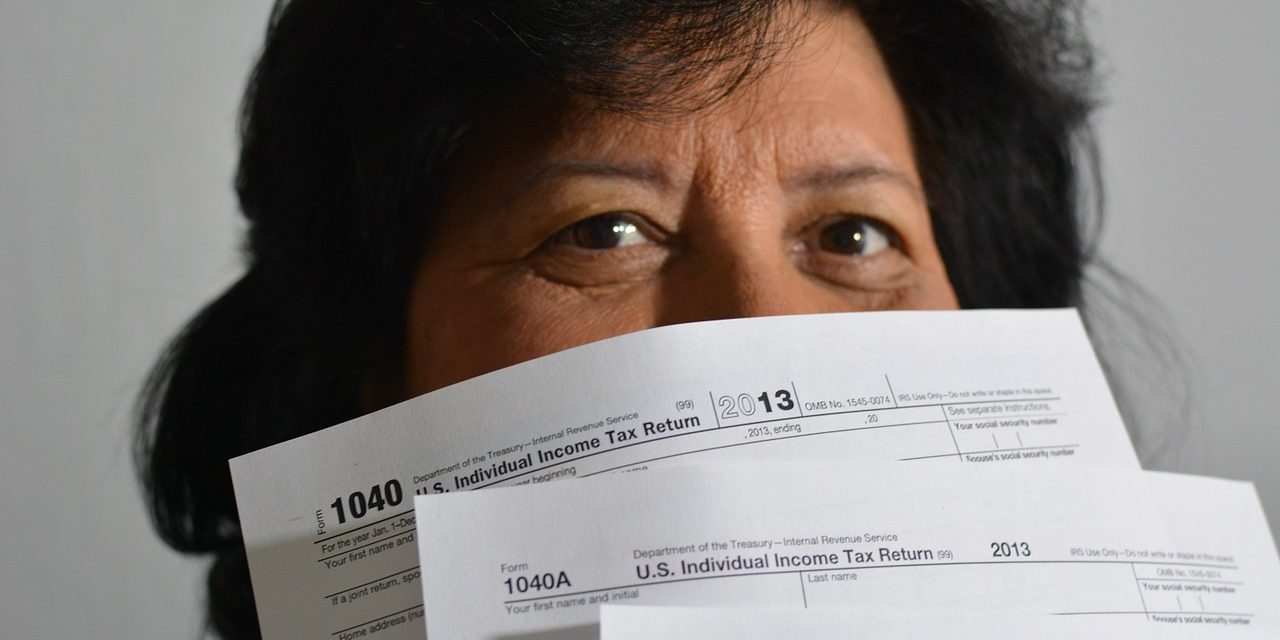Image by Robert DeLaRosa from Pixabay
As investments go, small residential property landlords enjoy the most tax benefits. In a down year, rental property tax deductions can make a big difference whether you enjoy profits or suffer losses.
You can’t deduct expenses; however, if you rent to friends or relatives.
As situations differ and changes occur in Congress regarding taxes on small residential properties, you might to talk with your tax advisor about these deductions:
1. Interest
If you don’t know already, you’ll probably find that your biggest deductible expense is interest. That is, if you pay mortgage interest on loans for either buying or improving your property.
You can also deduct interest you pay for products or services for your rental via credit.
2. Depreciation
Landlords typically deduct the cost of their property via depreciation over a multiple-year period. They don’t fully deduct the cost of property in the first year.
3. Repairs
To qualify in the eyes of the IRS, the costs of repairs that can be documented such as ordinary, necessary and reasonable, can be fully deducted in the year they were paid. For instance, repairs for plumbing, garage doors, or broken windows and more all qualify.
4. Travel – local
If you drive somewhere that concerns your property, you’re entitled to deduct travel costs. Deductible expenses range from trips to the hardware store to handling tenant complaints. If you don’t have a vehicle earmarked for servicing your rental property, you can only deduct the portion of expense you incur as a landlord.
You have a couple of choices: Deduct your mileage or your actual expenses.
5. Travel – long distance
You can deduct airfare, hotel bills and meals – if you travel overnight for your rentals. Note: Make certain you document all expenses – keep all records for your tax returns. Be careful to avoid the ire of IRS auditors.
6. Employees or independent contractors
You can deduct their wages as an expense if the work on your property. That a valid deduction whether it’s for a residential manager, other employee or independent contractor.
7. Home office
You can deduct home office expenses if you have separate space devoted to managing your rental property. You can also deduct a workshop if it’s used for your rentals.
8. Casualty and theft losses
If your rental property suffers a loss, you can deduct each item lost as an expense, from these events:
— Earthquakes
— Fires
— Floods
— Landslides
— Storms, such as hurricanes and tornadoes
— Vandalism, including vandalism to rental property by tenants
— Government-mandated demolition or relocation of a building (deemed unsafe following a disaster)
— Sonic booms
— Terrorist attacks
— Volcanic eruptions
9. Insurance
Your rental property entitles you to deductions for insurance premiums – fire, theft, flood and landlord liability. You can also deduct the cost of premiums for heath insurance and workers’ compensation.
10. Fees for legal and professional services
You can get deductions for accountants, property management firms, real estate investment advisors and lawyers. Obviously, their work must concern your rental property.
Again, see your tax advisor for more details.
From the Coach’s Corner, see these related tips:
Tips on Understanding the Mindset of IRS Auditors — An IRS audit is enough to make you tense with cold sweat in the palms of your hands. More businesspeople have complained to me about the mean-spirited treatment at the hands of IRS agents than any other federal agency. Worse, the agents’ frequent lack of common sense is shocking.
4 Tax Tips for Your Home Office Write Offs — The best tip I ever got from a CPA was to move my firm from a rented office space to my home. But it was important to understand the tax code for qualified write offs. Following are some tips, but it’d be best to double-check with your tax specialist.
For Maximum Business Tax Savings, Year-Round Strategies Are Vital — Many business owners find they can plan their futures, operate their businesses more efficiently year-round, and take maximum advantage of tax savings when they file their returns. Ask your tax advisor about these 9 strategies.
Avoid Surprises: Best Practices for Landlords in Renting Property — Due diligence is of paramount importance in renting property – whether you hire a property manager or you do-it-yourself. In this often litigious and incompetence and dishonesty in our society, it’s increasingly difficult to manage a rental property and to avoid poor-quality tenants.
“The only difference between death and taxes is that death doesn’t get worse every time Congress meets.”
-Will Rogers
__________






